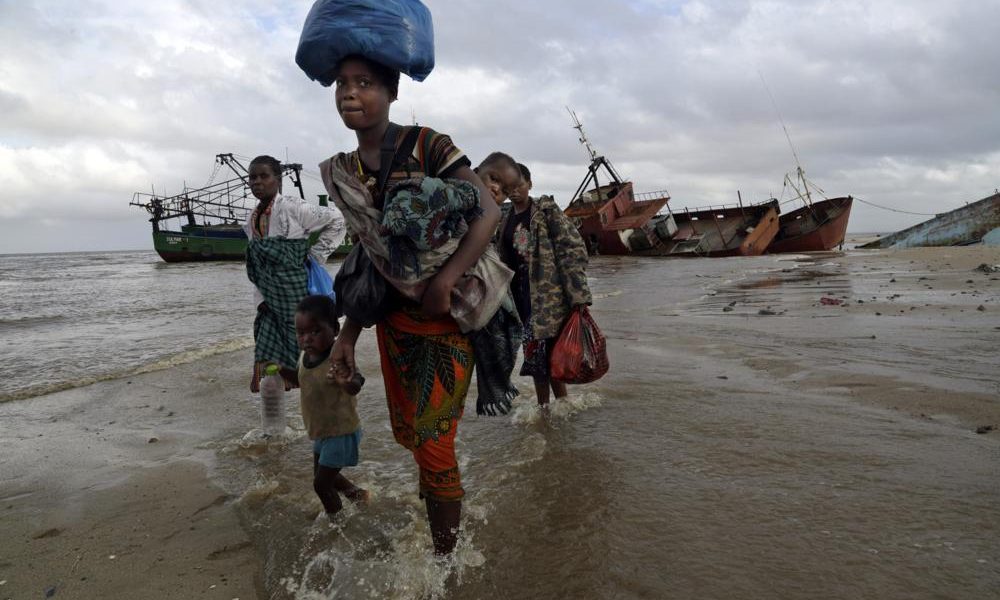Despite COVID-19 restrictions world wide, 3 million people were forced to flee their homes last year due to war, violence, persecution, and other human rights violations.
What We Know:
- In a Global Trends report released by the UN Refugee Agency, the number of displaced people has risen to 82.4 million. This number surpasses the post World War II record. In fact, there are twice as many forcibly displaced individuals this year than there were a decade ago.
- Fillippo Grandi, the UN’s high commissioner for refugees, said conflict and effects of climate change in places such as Mozambique, Ethiopia’s Tigray region, and Africa’s Sahel region were major influences. This is the ninth consecutive annual increase of refugees. Grandi said, “This is telling, in a year in which we were all locked down, confined, blocked in our homes, in our communities, in our cities, almost 3 million people have had to actually leave all that behind because they had no other choice.”
- The report broke down further demographics, saying 5.7 Palestinians, 3.9 Venezuelans, and an additional 20.7 million refugees from other countries were displaced abroad. Additionally, 48 million people were internally displaced in their own countries and 4.1 million sought asylum.
“I’m worried that if the international community is not able to stop these conflicts, we will continue to see the rise in numbers,” Grandi stated.
- The UN reported that 99 of the more than 160 countries closed their borders due to Coronavirus. They did not make exceptions for refugees or asylum-seekers. The United States created the provision Title 42 which allowed authorities to block asylum-seekers from entry for health reasons.
- Many responded to the report with hopes that world leaders would step up to the plate. David Miliband, president and CEO of the International Rescue Committee, urged leaders to use this as a wake up call, “The triple threat of conflict, climate change and COVID-19 continues to destroy lives and livelihoods, demanding a truly global response. As one of the world’s wealthiest and most stable regions, the EU can and must be at the forefront of these efforts.”
As the pandemic’s spread starts to close in countries like the U.S. and Britain and borders begin to open once more, many internally displaced people who could not leave their own countries will want to flee abroad. These numbers are expected to continue to grow as a result.



